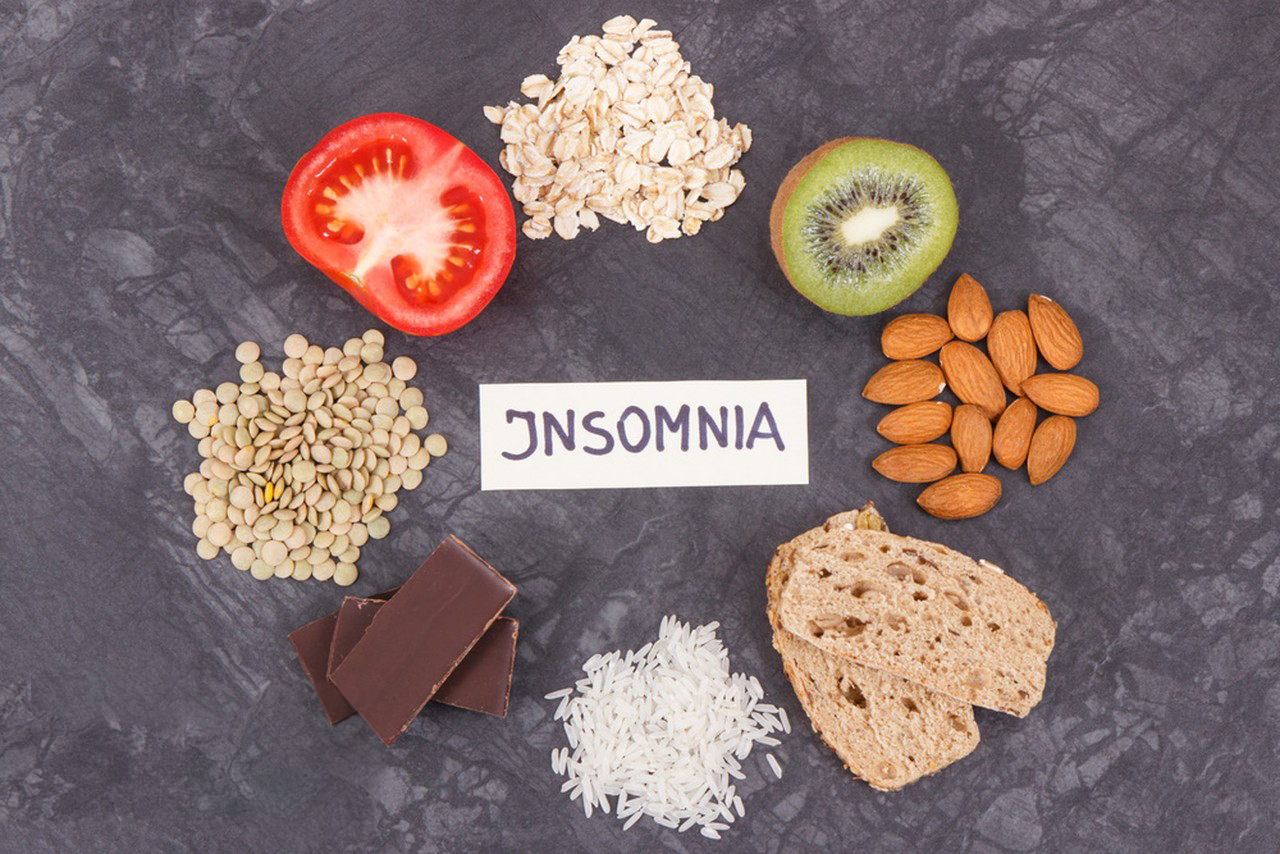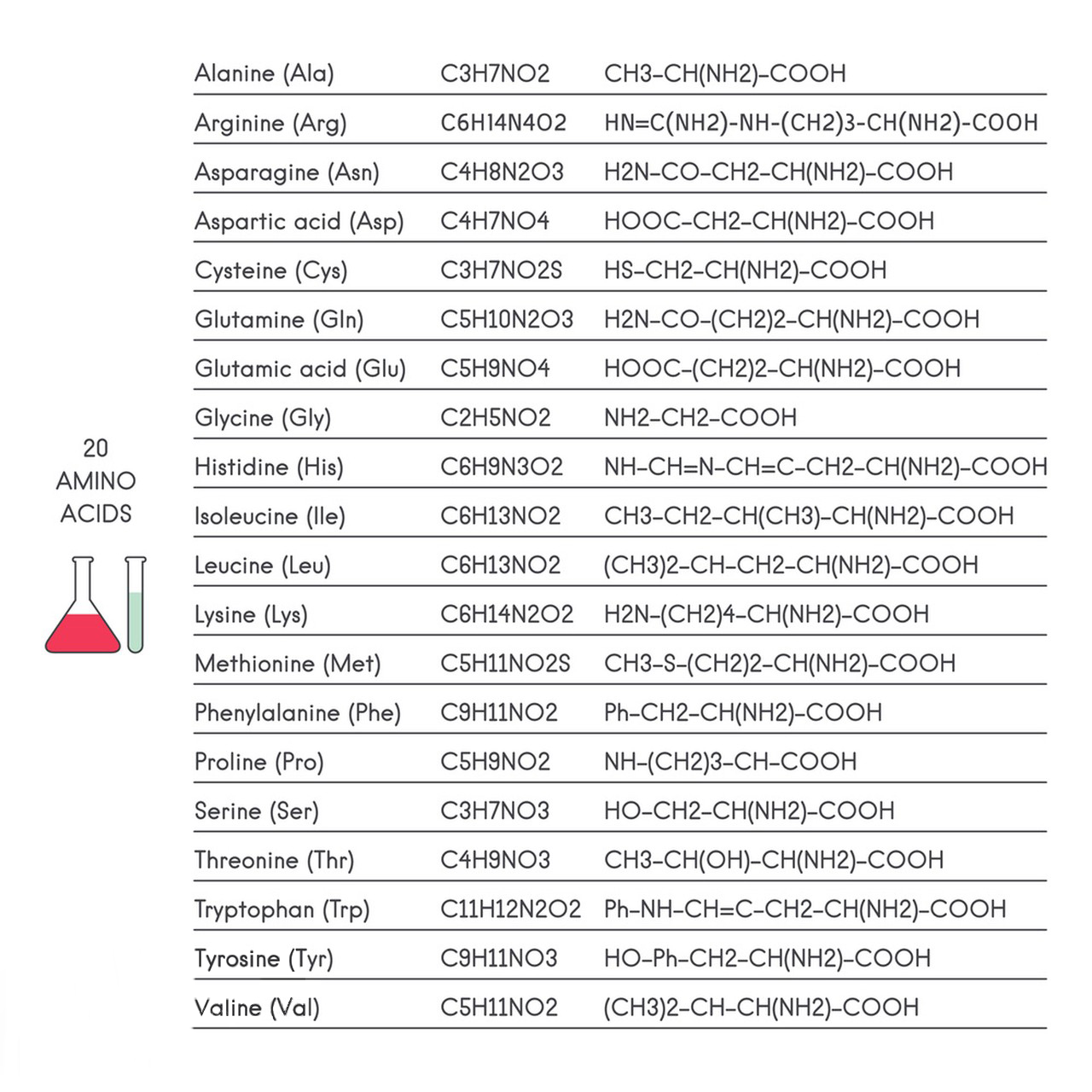L Tryptophan is an essential amino acid, meaning that the human body cannot synthesize it on its own and must obtain it from dietary sources. It plays several important roles in the body, and its efficacy is tied to these functions:
Protein Synthesis: L Tryptophan is a building block of proteins. It is incorporated into the structure of proteins during the process of translation, where genetic information is used to create functional proteins. This is its primary role in the body, as it contributes to the formation of enzymes, antibodies, and structural proteins.
Serotonin Production: L Tryptophan is a precursor to serotonin, a neurotransmitter that plays a crucial role in regulating mood, appetite, and sleep. The body converts tryptophan into 5-hydroxytryptophan (5-HTP), which is then further converted into serotonin. Adequate tryptophan levels are necessary for maintaining healthy serotonin levels, and imbalances can contribute to mood disorders like depression and anxiety.

Niacin (Vitamin B3) Synthesis: L Tryptophan can also be converted into niacin (vitamin B3) in the body. Niacin is essential for various metabolic processes and helps maintain healthy skin, nerves, and digestion.
Immune Function: L Tryptophan is involved in the regulation of the immune system. It can modulate immune responses by influencing the production of immune cells and cytokines.
Melatonin Production: L Tryptophan is a precursor to melatonin, a hormone that regulates the sleep-wake cycle. Adequate tryptophan intake can potentially support healthy sleep patterns.
Mood and Stress: Tryptophan’s role in serotonin production is also linked to mood regulation. It can have a calming and mood-stabilizing effect, although it is just one of many factors influencing mood.
As for its efficacy, L tryptophan is essential for various bodily functions, and a deficiency can lead to health problems. However, it’s essential to note that the efficacy of tryptophan in addressing specific health concerns can vary depending on the individual and their overall diet and lifestyle. Additionally, tryptophan supplements are available and are sometimes used to address specific conditions, such as sleep disorders or mood disorders.
It’s important to consult with a healthcare professional before using tryptophan supplements, as they can interact with medications and may not be suitable for everyone. Additionally, maintaining a balanced diet that includes sources of tryptophan, such as turkey, chicken, dairy products, nuts, and seeds, is usually the best way to ensure your body receives an adequate supply of this essential amino acid.
The difference between L Tryptophan and Tryptophan
L-Tryptophan and Tryptophan are essentially the same compound, but the way they are named and used can vary based on context.
Tryptophan:
- Tryptophan is an essential amino acid, which means that it cannot be synthesized by the human body and must be obtained through the diet.
- It is one of the 20 standard amino acids that make up proteins in the body.
- Tryptophan is used by the body to make proteins and other important molecules, but it also serves as a precursor for the synthesis of several neurotransmitters, including serotonin and melatonin.
- In a broader sense, “Tryptophan” can refer to the molecule itself, regardless of its specific form.

- L-Tryptophan is the specific form of tryptophan that occurs naturally and is biologically active. The “L” prefix stands for “levo,” which indicates the specific optical isomer of tryptophan.
- L-Tryptophan is the form of tryptophan that is typically found in proteins and is used by the body for various functions.
- When people refer to tryptophan supplements or dietary sources of tryptophan, they are usually referring to L-Tryptophan.
It’s important to note that there is also a D-Tryptophan, which is the mirror-image isomer of L-Tryptophan. D-Tryptophan is not used by the human body in the same way as L-Tryptophan and is not a part of protein synthesis. In practice, when people talk about tryptophan in the context of nutrition or biochemistry, they are usually referring to L-Tryptophan, as it is the biologically relevant form.
